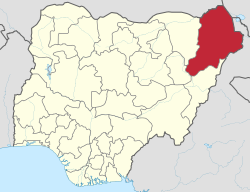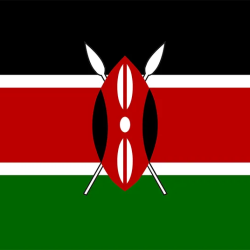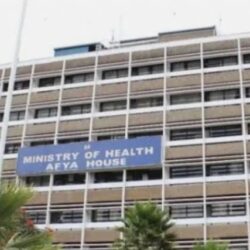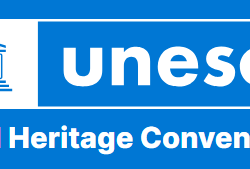Kenya’s floriculture industry is a cornerstone of its economy, significantly contributing to foreign exchange earnings, job creation, and agricultural development. Roses, which account for 34% of Kenya’s flower exports to the European Union (EU), are a vital component of this sector. However, the increasing threat posed by the False Codling Moth (Thaumatotibia leucotreta, FCM) presents a critical challenge to maintaining market access and sustaining the industry’s growth.
The False Codling Moth Challenge
The False Codling Moth (FCM) is a major pest that affects a wide range of crops, including roses. Its presence can lead to:
- Economic Losses: Infestation reduces the quality and marketability of flowers.
- Trade Barriers: Failure to meet phytosanitary standards risks rejection of exports, especially in the EU, which has stringent pest management regulations.
To address this, Kenyan stakeholders have prioritized a proactive response to safeguard the industry.
The Rose False Codling Moth Systems Approach (Rose FCMSA)
Recognizing the urgency of mitigating the FCM threat, the Kenya Plant Health Inspectorate Service (KEPHIS) spearheaded the development of the Rose FCMSA. This protocol offers an integrated pest management framework to ensure compliance with EU phytosanitary standards.
Key Features of the Rose FCMSA:
- Monitoring and Surveillance: Enhanced tracking of FCM presence and activity in rose farms.
- Integrated Pest Management (IPM): Combining biological, cultural, and chemical controls to minimize FCM populations.
- Post-Harvest Measures: Ensuring roses are inspected and treated before export.
- Collaboration: Engaging all stakeholders to ensure effective implementation and compliance.
Stakeholder Consultative Meeting
On 16th January 2025, KEPHIS organized a consultative meeting at the Argyle Hotel, Nairobi, to validate the Rose FCMSA. The event brought together key stakeholders, including:
- Flower Farmers and Exporters: To ensure practical applicability and adoption of the protocol.
- FPEAK (Fresh Produce Exporters Association of Kenya): Representing exporters’ interests.
- FPC Kenya: Supporting compliance with international trade standards.
- Ministry of Agriculture & Livestock Development: Providing policy guidance.
- Kenya Export Promotion and Branding Agency: Enhancing Kenya’s position as a global floriculture leader.
- AFA Kenya – Horticultural Crop Directorate: Overseeing horticultural development.
The meeting served as a platform for reviewing the draft protocol, addressing concerns, and building consensus among stakeholders.
Sustaining Market Access and Reputation
By implementing the Rose FCMSA, Kenya aims to:
- Maintain Market Access: Ensuring roses meet EU phytosanitary requirements.
- Protect the Industry’s Reputation: Reinforce Kenya’s status as a reliable supplier of high-quality flowers.
- Enhance Safe Trade: Align with global standards for sustainable agricultural exports.
KEPHIS: Leading the Way
KEPHIS continues to play a pivotal role in promoting compliance with international market requirements. By driving initiatives like the Rose FCMSA, the agency ensures that Kenyan floriculture remains competitive, resilient, and sustainable.
Through collaborative efforts and strict adherence to phytosanitary standards, Kenya’s floriculture industry is well-positioned to overcome challenges and maintain its vital contribution to the economy.













